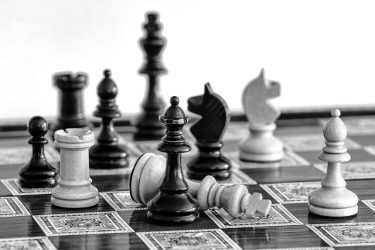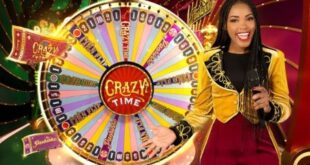Looking at statistical data, it is clear that more players are becoming grandmasters at a young age. Back in 1950, David Bronstein from the erstwhile Soviet Union had become a grandmaster at age 26. In the past two decades, there have been several grandmasters less than 14 years of age. It makes us wonder why youngsters are doing better in chess. For answers, here are some important things to understand.

Growing popularity of chess – With intense media publicity, chess has emerged as a major crowd puller. There are more players now than ever before. National and international fame and prize money has increased several times over the years. This is attracting more younger players to the game of chess. As chess has become financially more rewarding, more young players are getting into chess as a full-time profession.
Learning is faster at a young age – The capability to learn new things is much greater at a young age. It explains why children can easily learn multiple languages, while older folks struggle to learn even a single new language. Learning the various patterns and strategies in chess is a lot easier for a young player. This is one of the reasons why more youngsters are doing better at chess.
Access to advanced learning tools – The current generation of chess players have access to various AI and machine-learning based tools. These can be used to practice and enhance one’s chess skills. Advanced analytical tools can also analyze the strategies being deployed by any specific chess player. This is usually done by analyzing the moves in earlier games. By gaining in-depth information about the opponent, players can plan their strategies accordingly.
Sharper intellect – Youngsters have a sharper intellect in comparison to older players. The latter may benefit from their experience. But chess may not always favor the one with greater experience. There is always something new happening on the board, which is where the intellect gains prominence. Faster processing power is among the reasons why youngsters are doing better at chess.
Absolute focus on chess – As people get older, they have various other distractions in life. In comparison, a young chess player will be focused exclusively on the game. They may be thinking about chess and planning their moves all the time. They are unlikely to have any major distractions in life. With more focus, young players are emerging better at chess.
No boredom or complacency – For young players, every win is a moment to celebrate. There is more to achieve and the aspirations are always on the higher side. They have higher motivation to win championships and increase their rank in the global list of grandmasters. In comparison, older players may develop the “been there, done that” attitude. This could impact their game in an adverse manner.
As is evident from above, there are a number of factors that make young players better at chess. But that does not mean that older players do not stand a chance. It all depends on your dedication and commitment. And how much effort you are willing to put in. Age may not be a barrier in chess if you are willing to do the hard work required to win championships.
 Newspatrolling.com News cum Content Syndication Portal Online
Newspatrolling.com News cum Content Syndication Portal Online







